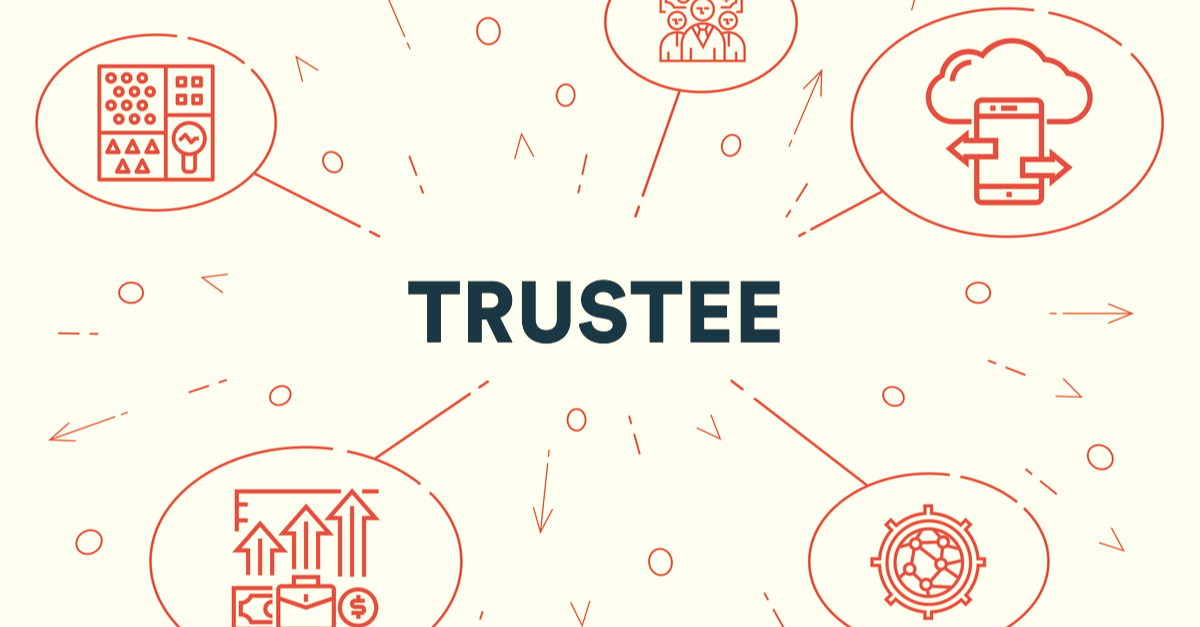
Although you likely won’t need to have an entirely new estate plan prepared for you, upon relocating to another state, you should definitely have your existing plan reviewed by an estate planning lawyer who is familiar with your new home state’s laws. Each state has its own laws governing estate planning, and those laws can differ significantly from one location to another.
Given this, you’ll want to make sure your planning documents all comply with the new state’s laws, and the terms of those documents still work as intended. Here, we’ll discuss how differing state laws can affect common planning documents and the steps you might want to take to ensure your documents are properly updated.
Last Will and Testament
The good news is, states will generally accept a will that was executed properly under another state’s laws. However, there could be differences in the new state’s laws that make certain provisions in your will invalid. Here are a few of the things you should pay the most attention to in your will when moving:
Your executor: Consider whether or not the executor or administrator you’ve chosen will be able to serve in that role in your new location. Every state will allow an out-of-state executor to serve, but some states have special requirements that those executors must meet, such as requiring them to post a bond before serving. Other states require non-resident executors to appoint an agent who lives within the state to accept legal documents on behalf of the estate.
Marital property: If you are married, give special consideration to how your new state treats marital property. While a common-law state might treat the property you own in your name alone as yours, community-property states treat all of your property as owned jointly with your spouse. If your new state treats marital property differently, you might need to draft a new will to ensure your wishes are honored.
Interested witnesses: Another important role under your will to consider when moving to a new state is an interested witness. An interested witness is someone who was a witness to your will who also receives a gift from your will. Some states allow interested witnesses to receive the gift, while other states do not allow such gifts. And still other states allow such gifts provided the witness is a family member.
Revocable Living Trust
A valid revocable living trust from one state should continue to be valid in your new state. However, you need to make certain that you transfer any new assets or property you acquire, such as your new home, to your trust, so that those assets can avoid the need to go through probate before being distributed to your heirs upon your death.
Power of Attorney
A valid power of attorney document, such as a durable power of attorney, medical power of attorney, or financial power of attorney, created in one state is likely to be valid in your new state. However, in some cases, banks, financial institutions, and healthcare facilities in your new state may not accept a power of attorney document if it’s unfamiliar to them. Also, simply as a practical matter, it may be a good idea to have your power of attorney agent live in the same state you do, so keep that in mind as well.
Beneficiary Designations
If you have accounts with beneficiary designations, such as 401(k)s, life insurance policies, and payable-on-death bank accounts, these should be valid no matter which state you live in. That said, you should still review these documents when you move to ensure that your address and other personal information is updated.
Keep Your Plan Current
As with other major life events, such as births, deaths, marriage and divorce, moving to a new state is the ideal time to have your plan reviewed by a professional.
![]()









